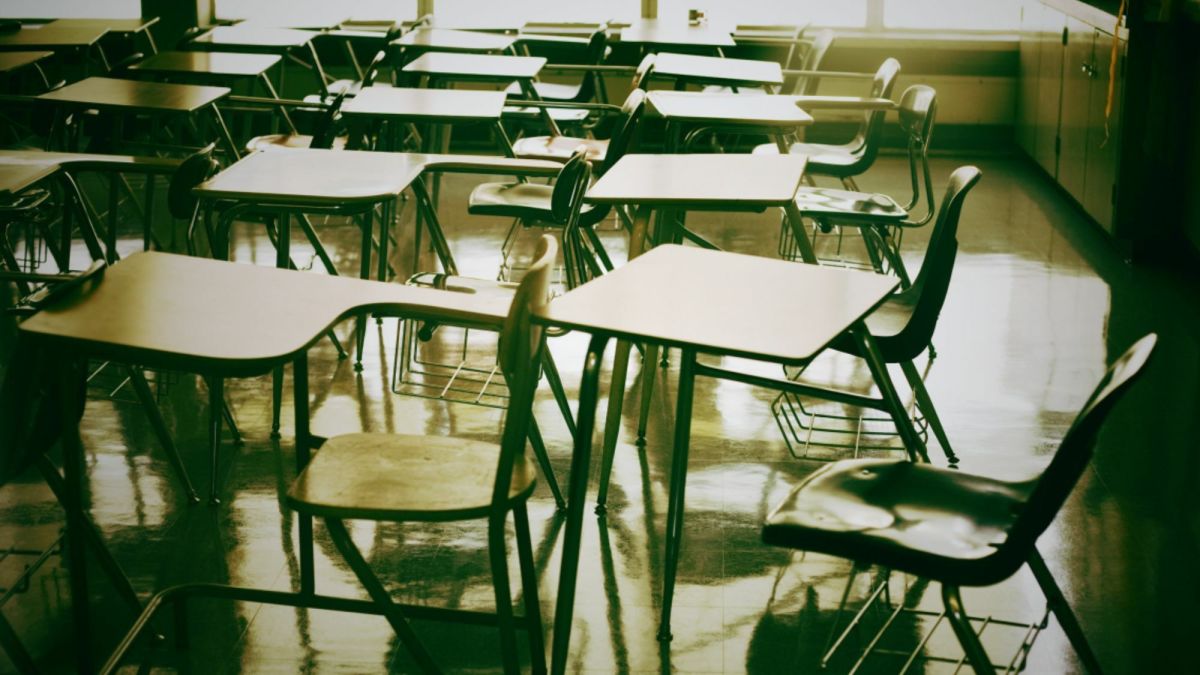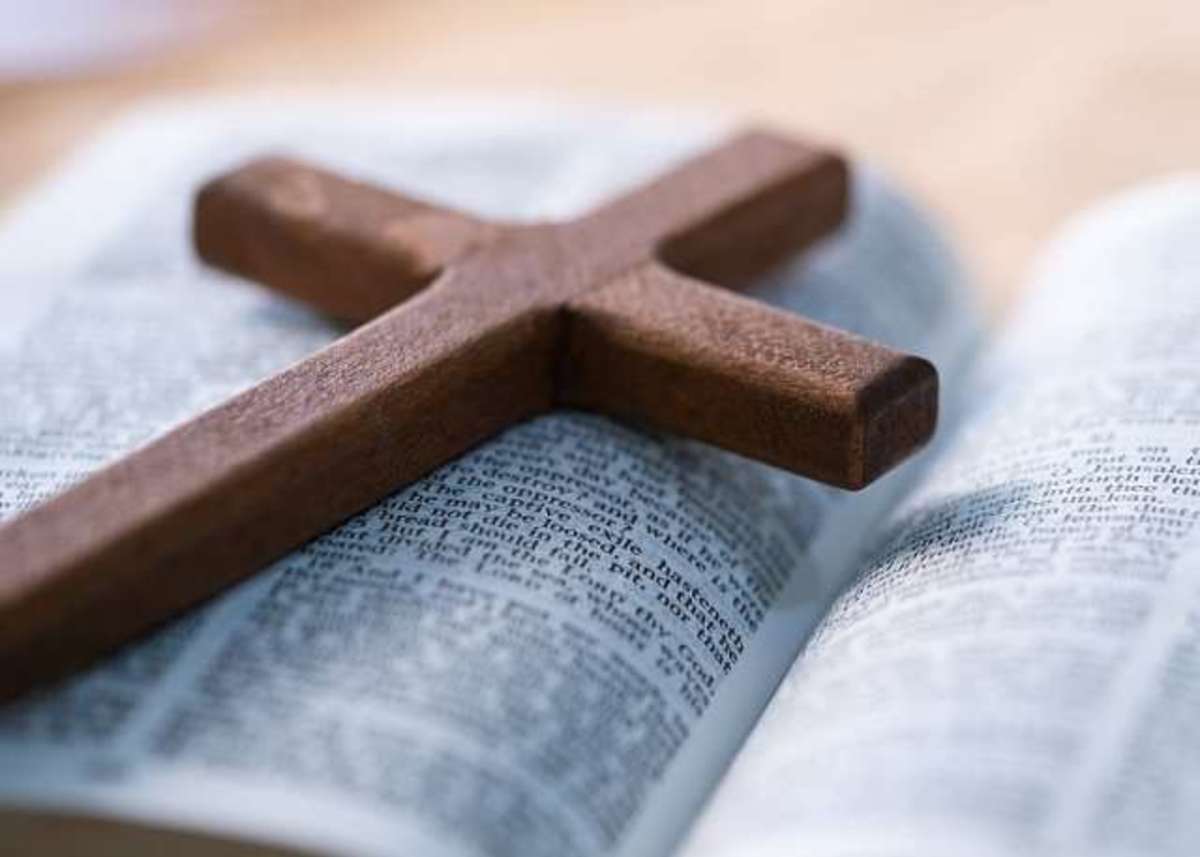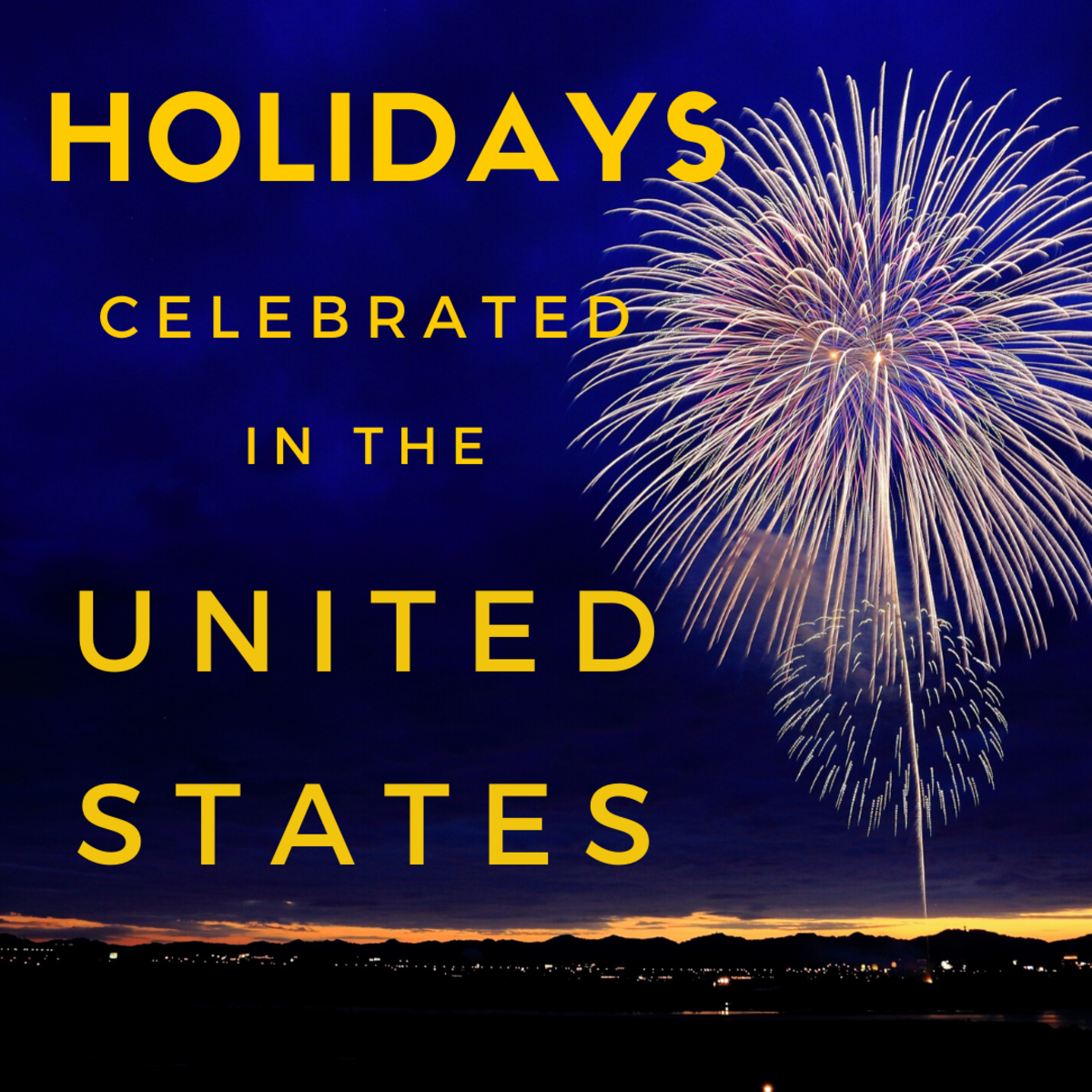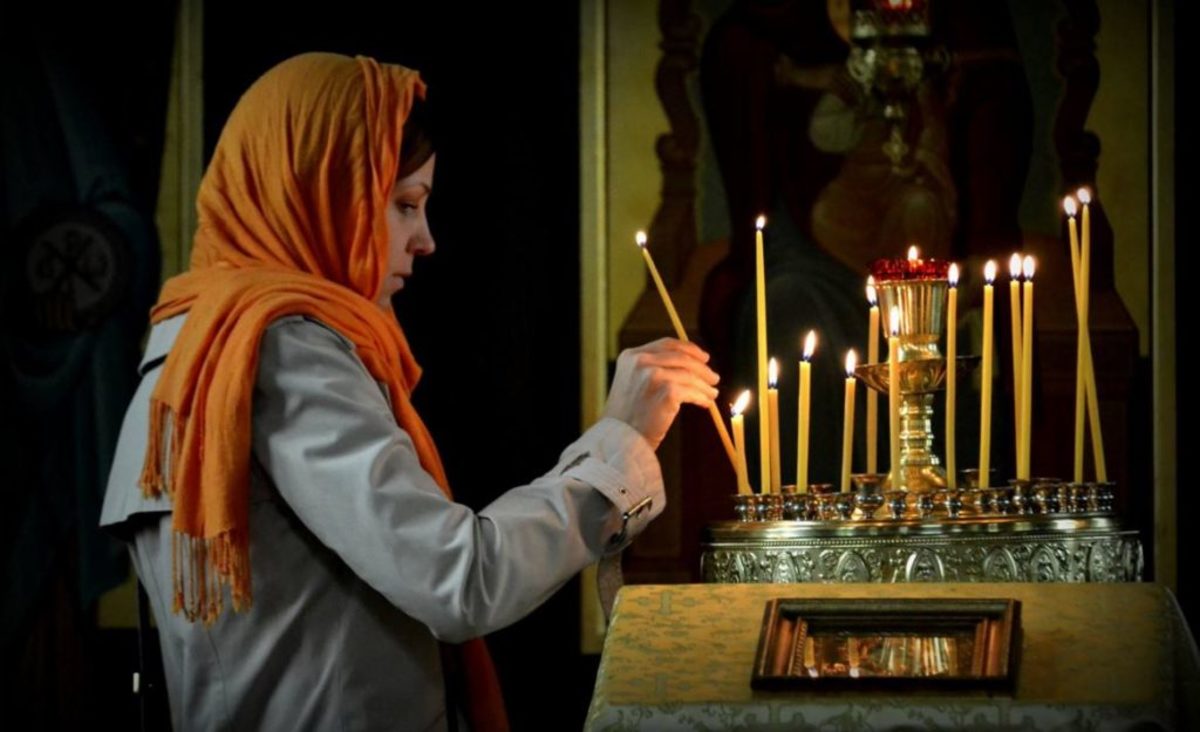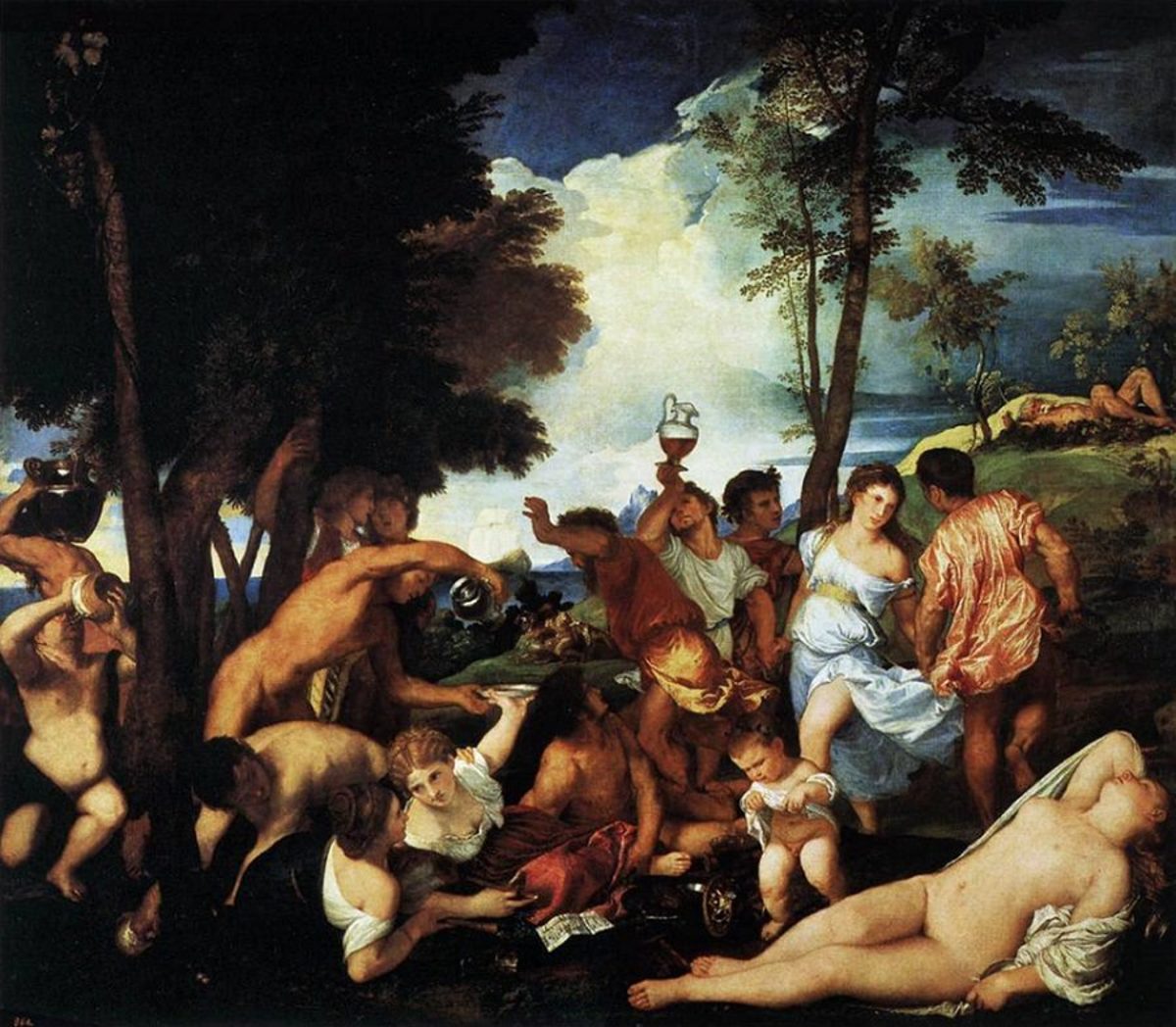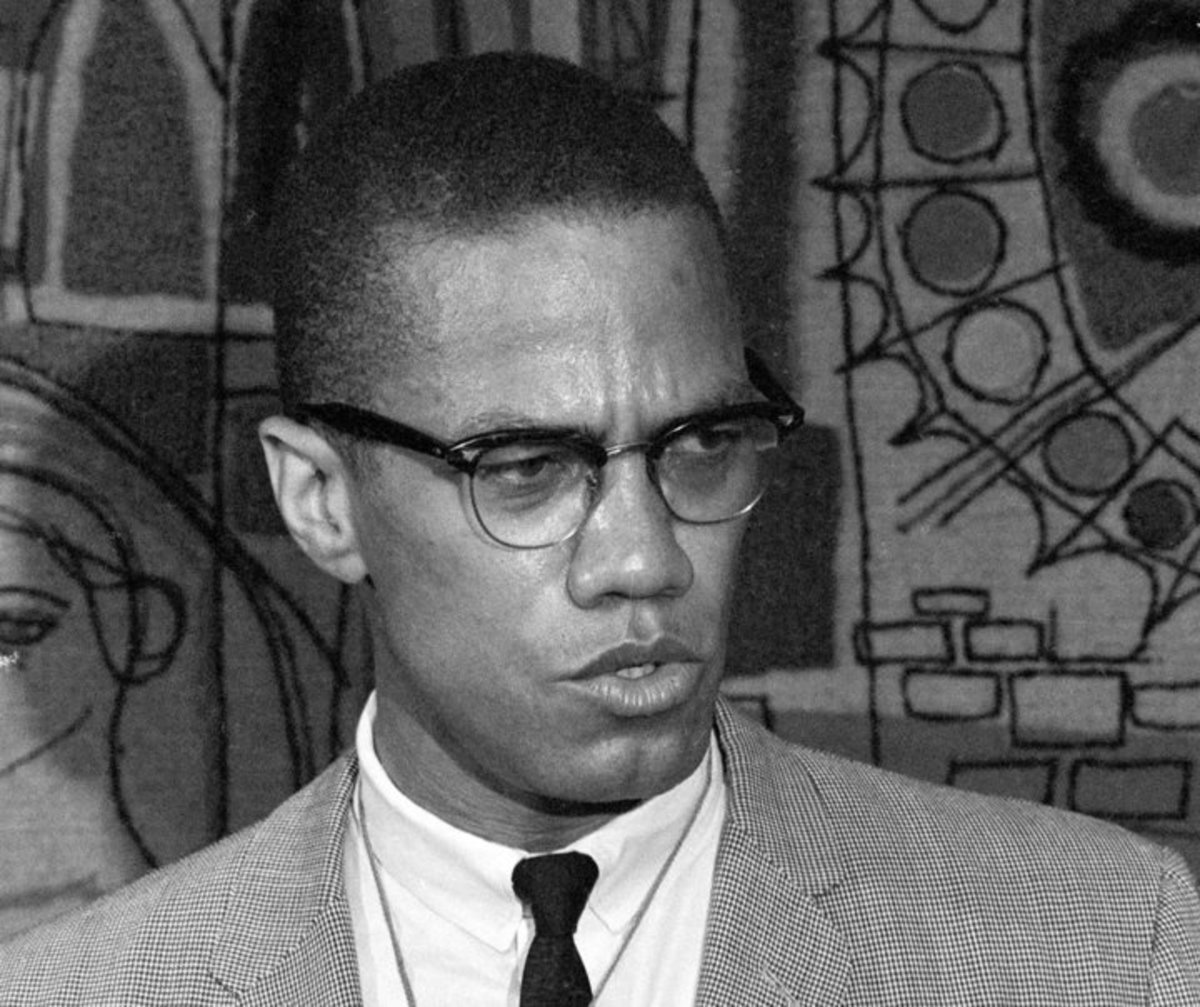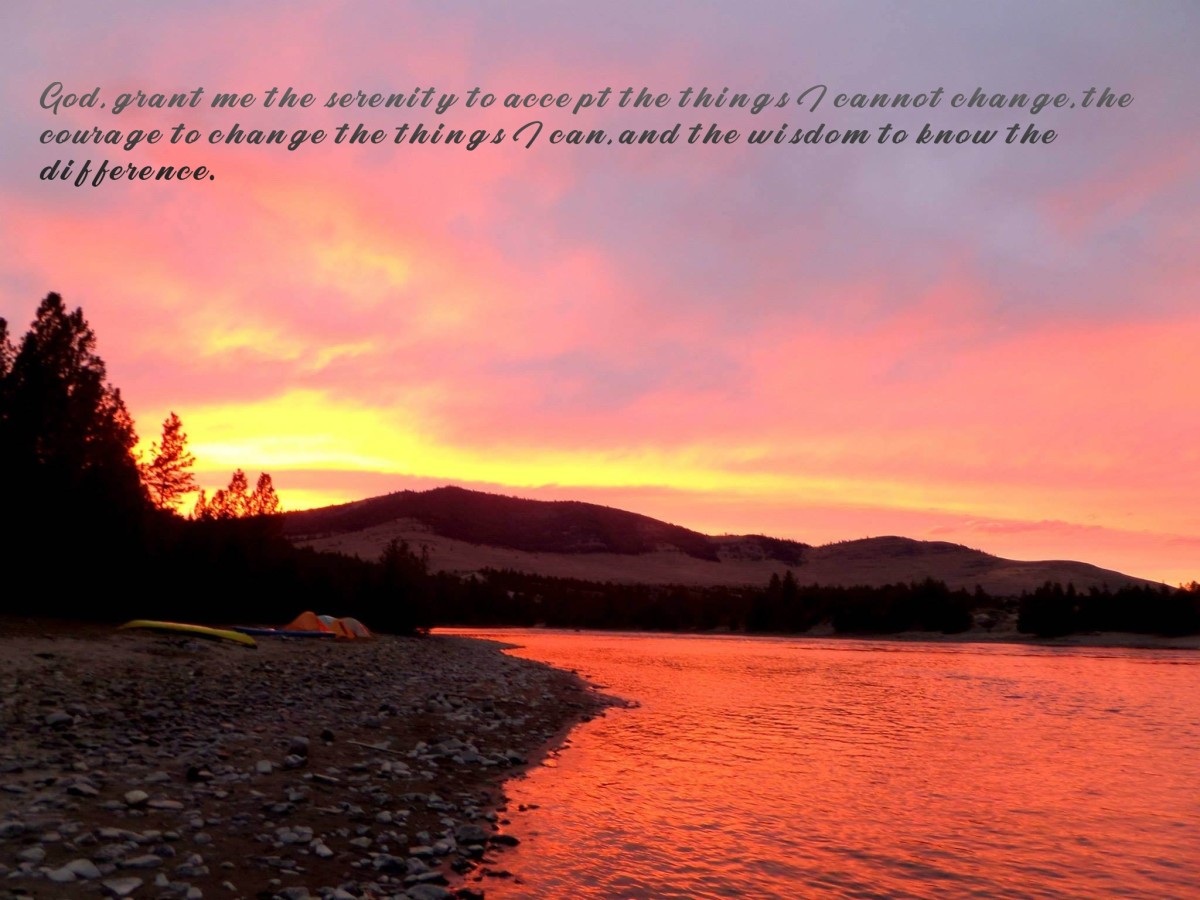The Legacy of Thoughts and Prayers: How Many People Have Come to See the Phrase and Religion
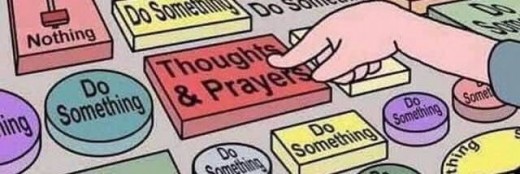
Ever since the rise of school shootings from 1999, one of the most common expressions offered by leaders and people trying to express sympathy for the victims has been “our thoughts and prayers are with you”. However as the violence has continued over the years, more people have developed a hardened reaction to it and has been largely considered an empty joke.
The recent shootings in Parkland, Florida have now brought these simmering resentments into the public light. Survivors of the attack have now coined the phrase “we call BS”, in response to the sentiment and demanded more action. Perhaps in the beginning, ‘thoughts and prayers’ was genuine but now is considered an excuse to do nothing at all.
What’s the Difference?
In The Boondocks episode, The Passion of Reverend Ruckus, Huey Freeman plans of freeing his friend from death row, but his grandpa stops him. During their confrontation, with Rev Ruckus preaching in the background about a racist god, Grandpa tells Huey that his friend is going to die and urges Huey to pray for him instead. Now throughout the episode, many characters question the young boy if he has ever prayed at all, but Huey remained stoically silent on it until this moment. To his grandpa’s request, Huey finally responds coldly, “What makes your god anymore made up than his?”
This is the attitude that many now hold of thoughts and prayers to school shootings: something that is no different than any other falsely apologetic statement. Rather than sympathy and support, it embodies inaction and political hypocrisy on the part of the people who say it. It is a curtain behind which the person hides their lack of sympathy and apathy to those students whose lives are at risk everyday and care more about their power and nurturing their fear.
However it also exposes another facet.
" ...the phrase, ’wait’ often translated to never."
In Plain Sight
Cynicism regarding thoughts and prayers also shows what many Americans think of religion, god, and praying in general. More specifically, it shows just how many Americans consider the idea of a loving God as a failure and that prayer actually accomplishes nothing. God does nothing to prevent further shootings and kids dying so many conclude that god doesn't exist or doesn't care.
This elephant in the room has always existed as long as humans have had any kind of faith. In many religions, the purpose of rituals was to remain in the gods’ favor so that order would be maintained and disasters prevented. When disasters did happen, whether from natural disasters or war, it was blamed on losing that favor. In other religions, disasters were referred to as a mystery of god and that there was some higher power at work. The implication was that despite obvious appearances, one should never question the will of god in the midst of tragedy.
Personally I tend to agree the phrase is a formality that politicians are required to say. They may feel shock and remorse but won’t put themselves in position where it may cost them power. By and large, we have just grown numb to school shootings. Its a part of our brains’ ability to adapt to changing situations. For people who are genuine in their intentions, thoughts and prayers is often expression of exasperation. I don't think many would admit it, but its like there's a feeling of powerlessness to stop the killings and all they can do is hope that a higher power somehow intervenes.
For people of no faith, the phrase is an acknowledgment that there was nothing they could do. They already don’t believe in a higher powers or spirituality so there is no one to ‘pray’ to. Thoughts is an act of empathy, but again powerless unless they act on the situation with what power they have.
Bullshit Accountability
The ‘Call BS’ movement’s momentum comes from the generations’ frustrations of being handed over to the hands of fate if they live or die the next day in class. Calling bullshit on the ‘thoughts and prayers’ catch phrase is meant to snatch away its’ get-out-of-jail’ authority and hold those who claim sympathy accountable to act on those sympathies. What they will see behind that curtain is not going to be pretty however.
Leaders who value their office and supporters’ money more than the students’ lives. Gun supporters and groups whose niceties end where the calls for action begins. And peoples’ whose insecurities and fears over the loss of their constitutional rights trump the lives that failing laws put at risk. These realities add further disgrace to thoughts and prayers, becoming either fruitless or flat out lies.
However I refer to Martin Luther King Jr’s Birmingham jail open letter from 1963. When arrested protesting institutional racism in Alabama, he was challenged by eight fellow clergymen who publicly urged him to stand down from his protests and let the law deal with the problem. In one of the rare cases where he defended himself, King says that to Black people, the phrase, ’wait’ often translated to never. The time for being passive was over and that didn't mean letting go of faith, but it did mean that god wanted the believers to act against the injustice rather than sit back and do nothing for their fellow human being whilst claiming brotherhood with them.
So if thoughts and prayers is going to mean anything again, whether from religious or non-religious people, then they have to identify with them as their fellow man. They cannot see them as the 'other' or outsiders but people who have similar dreams and desires, even if they how they get there is different. Then and only then will such sentiments be seen as genuine.
© 2018 Jamal Smith

